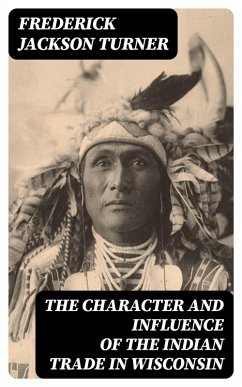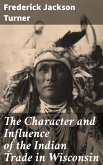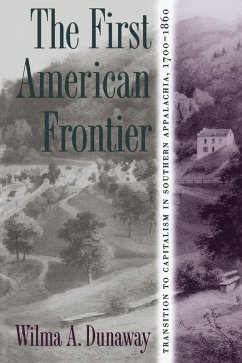In "The Character and Influence of the Indian Trade in Wisconsin," Frederick Jackson Turner delves into the intricate dynamics of trade between Native American tribes and European settlers in the Wisconsin territory. Turner employs a meticulous historical methodology, weaving together economic data, cultural analysis, and firsthand accounts to elucidate the profound impact of the Indian trade on the region's development. Written during the late 19th century, a period of growing interest in American frontier history, the work reflects Turner's broader thesis on the significance of the American West in shaping national character and identity, as articulated in his famed "Frontier Thesis." Frederick Jackson Turner, a distinguished historian and scholar, rose to prominence in the American historical landscape with his innovative ideas about the frontier. His academic background, steeped in a blend of history, anthropology, and sociology, ultimately led him to investigate the complexities of cultural exchanges and economic interactions in the early American landscape. Turner's experiences growing up in the Midwest fostered a profound understanding of regional dynamics, allowing him to analyze the transformative role of the Indian trade within a larger narrative of American history. This book is indispensable for readers seeking to comprehend the multifaceted relationships that shaped early American society. It is particularly relevant for historians, anthropologists, and those interested in indigenous studies. Turner's insights not only illuminate the past but also encourage contemporary reflections on the socio-economic implications of cultural intersection.
Dieser Download kann aus rechtlichen Gründen nur mit Rechnungsadresse in A, B, BG, CY, CZ, D, DK, EW, E, FIN, F, GR, H, IRL, I, LT, L, LR, M, NL, PL, P, R, S, SLO, SK ausgeliefert werden.









